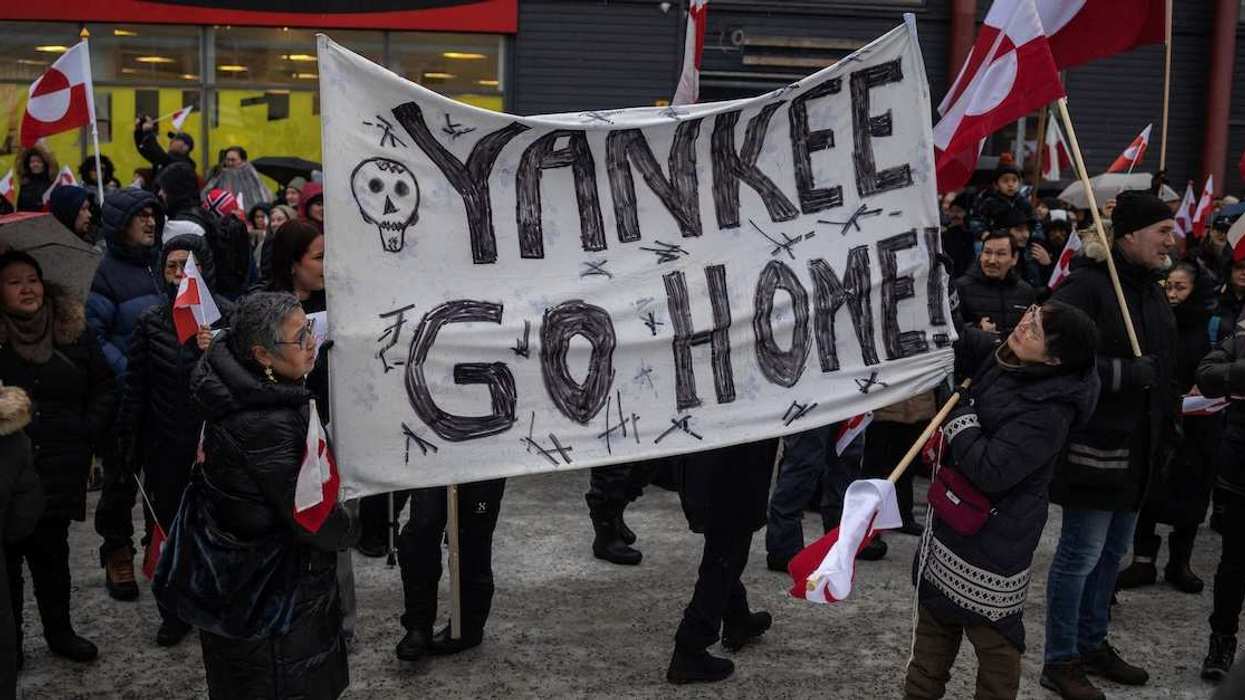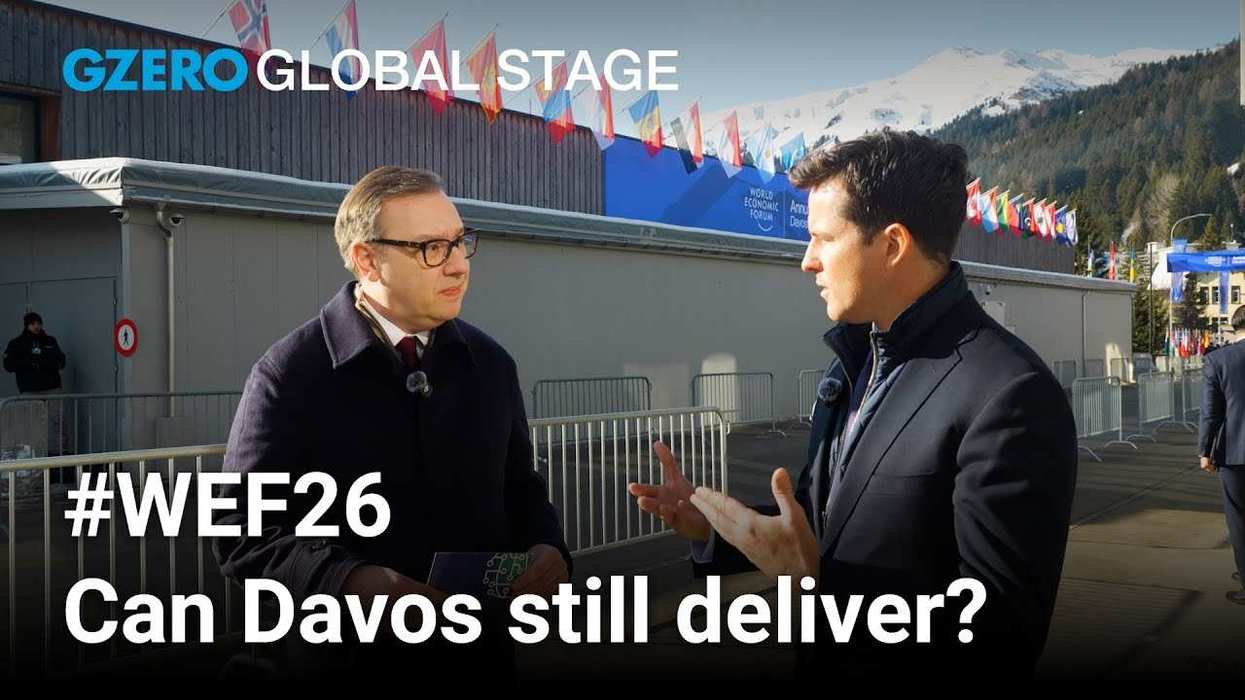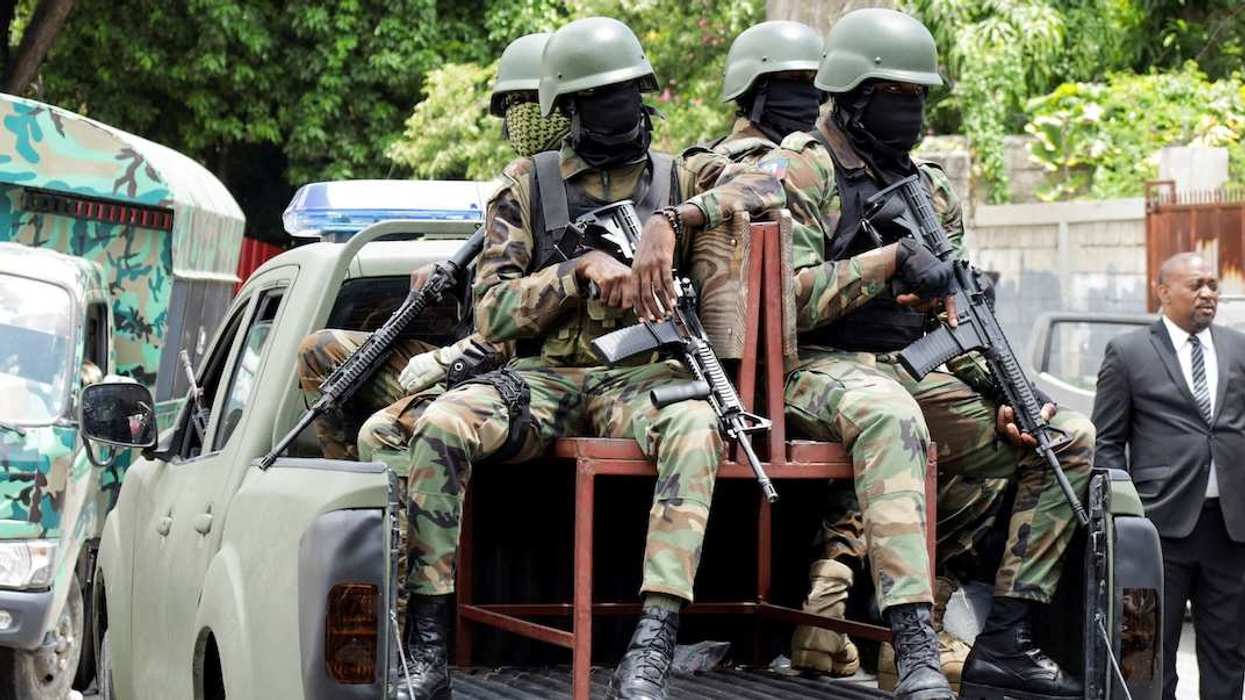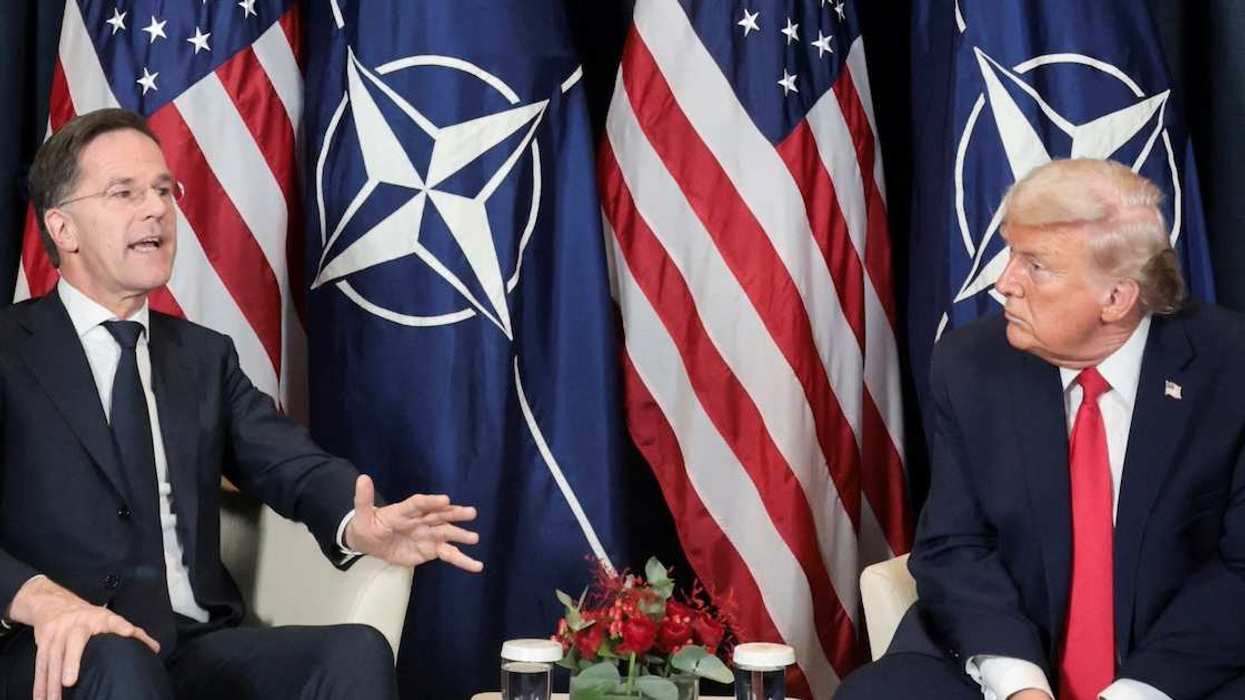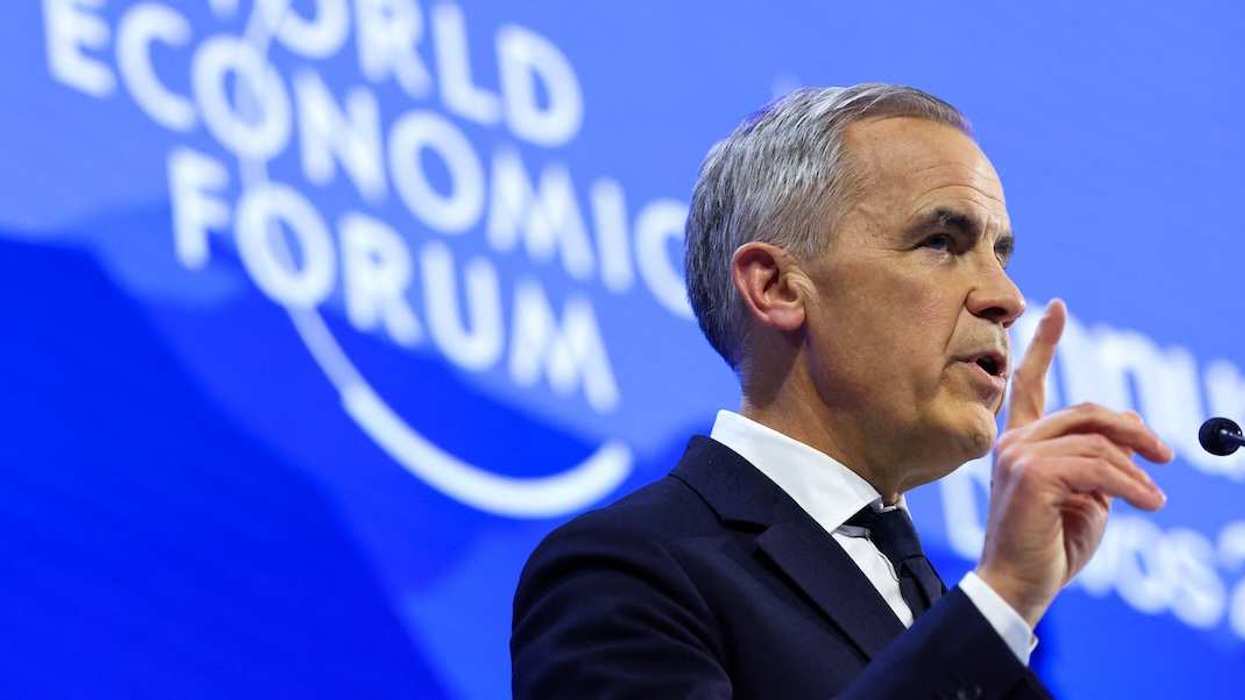There’s some good news coming out of Haiti, for a change. The Kenyan-led international force that was deployed roughly two months ago to tackle gang violence has made “significant progress,” according to Kenyan police.
Crucial infrastructure, such as the airport, is no longer controlled by gangs, and the force has also “opened critical roads that have enabled the return of thousands of Haitians earlier displaced.” The UN estimates that close to 600,000 people in Haiti have been displaced by the gang violence that’s had a chokehold over the country since the 2o21 assassination of Haitian President Jovenel Moïse and the power vacuum that followed. By March 2024, gangs controlled around 80% of the capital, Port-au-Prince.
But even as they’ve made progress in Haiti, hundreds of Kenyan police officers serving in the multinational security force have not received full pay in two months — an issue that’s expected to be rectified this week.
Though the international force has made marginal gains over the gangs, they’re still carrying out attacks and kidnappings. The Kenyan-led force also lacks equipment, such as helicopters, that could aid in the fight against the gangs.
We’ll be watching to see if the security force in Haiti — which was authorized by the UN Security Council for a one-year mission, with a review after nine months — continues to successfully loosen the grip gangs have over the Caribbean nation.








